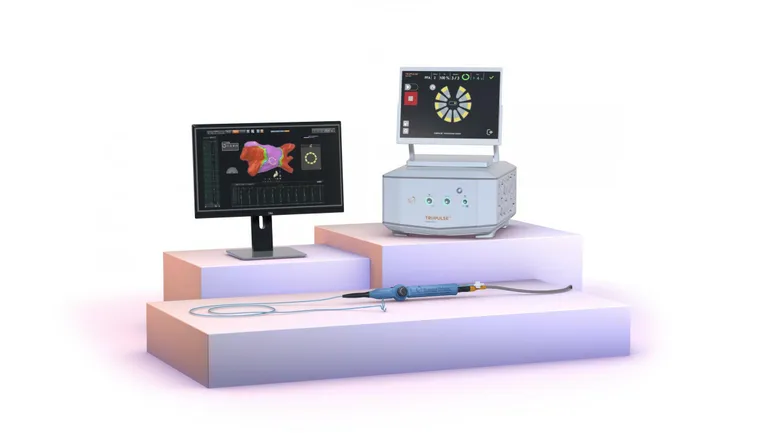Johnson & Johnson said Wednesday it paused all U.S. Varipulse cases while the company investigates the cause of four reported neurovascular events.
J&J said the cases were part of an external evaluation in the U.S. The pause was initiated on Jan. 5. J&J completed more than 130 cases across 14 sites as of Jan. 3.
An external evaluation is a limited rollout intended to collect physician feedback on a new technology before a full release, a J&J spokesperson said in an email to MedTech Dive.
Because the evaluation used a unique platform configuration, the pause does not affect the rollout of Varipulse outside of the U.S., where more than 3,000 commercial cases have been completed, J&J said.
The pause of U.S. cases comes two months after J&J received Food and Drug Administration approval for Varipulse, becoming the third device company to offer a PFA system in the U.S.
Physicians have quickly adopted Boston Scientific’s and Medtronic’s PFA devices to treat atrial fibrillation, an abnormal heart rhythm, due to perceived safety benefits over older cardiac ablation procedures that use heat or cold energy to address the condition.
Medtronic’s PulseSelect PFA system was approved in December 2023, and Boston Scientific followed shortly thereafter, gaining FDA approval for its Farapulse device in January 2024. Medtronic has also received FDA authorization for a second PFA device, the Affera system, and Boston Scientific has launched its next-generation Farawave Nav ablation catheter.
Needham analyst Mike Matson, in a report Wednesday, said concerns about stroke risk involving Varipulse procedures were raised previously, noting that three of the 277 total patients in J&J’s Admire pivotal study had cerebrovascular events.
“It is unclear how long the [Varipulse] sales will remain paused, but even if [J&J] allows sales to be resumed, we believe that the product is now likely to be tainted and that electrophysiologists are likely to be wary of using it,” Matson wrote. “We believe that this will clearly benefit both [Boston Scientific] and Medtronic.”
Citi Research analyst Joanne Wuensch said that given the success of Varipulse in global markets, “it does not seem to be a device issue per se, but potentially an aspect of it which is the issue.”
The impact on U.S. commercialization is unclear, the analyst said. “At this stage, it seems to us management has prudently identified a problem, is pausing, and will assess how to proceed,” Wuensch wrote to clients.
J&J said it was “working diligently to complete the investigation according to our medical safety processes” and resume the U.S. external evaluation. “We expect to have more information to communicate within the coming days,” the company said.

